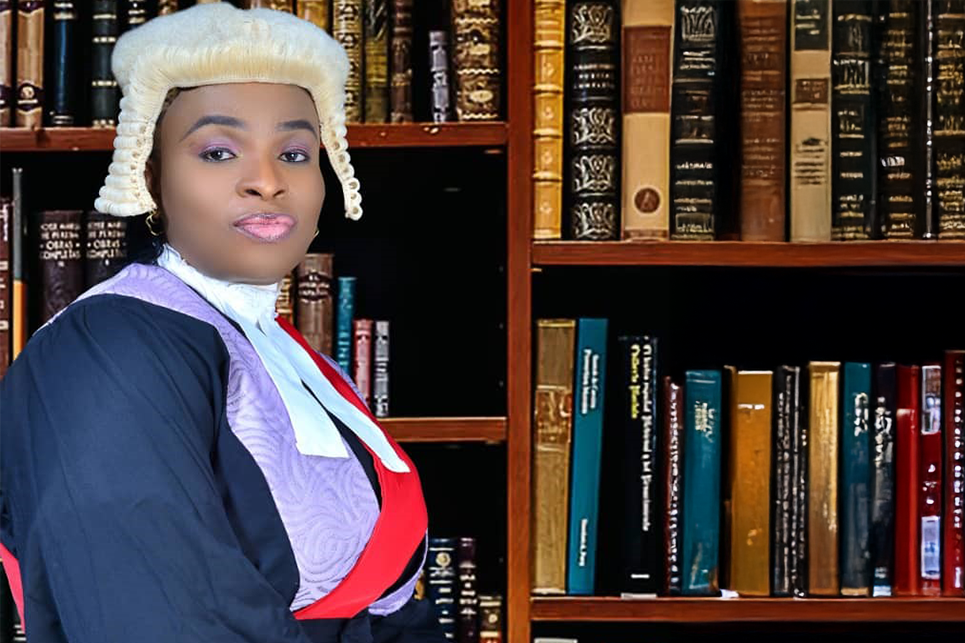Is 'Open Justice' Possible?
By: Judge María Lorena Tula del Moral
Judge María Lorena Tula del Moral is currently working as a criminal court judge in Buenos Aires, having previously served as a deputy prosecutor. She also teaches at the University of Buenos Aires in the field of constitutional law. Judge Tula del Moral recently shared her views on transparency in the judiciary with UNODC, as part of the Organization's on-going work to prevent judicial corruption. All opinions expressed in this piece are solely those of the author as an external expert and do not necessarily reflect the official position of UNODC.
______________________________
In Argentina, the justice system is going through a crisis of trust and legitimacy. One of the reasons for this crisis is that access to justice presents numerous difficulties that are aggravated by the lack of public policies that strengthen transparency, accountability and citizens' participation in the judiciary.
In line with the Bangalore Principles of Judicial Conduct and the provisions for its implementation, we believe that public confidence in the justice system is of the utmost importance in a modern and democratic society. It is also essential that judges honour jurisdictional functions and actively work to promote transparency in the judiciary.
Therefore, it is our duty to echo the citizens' claims and to set out concrete actions to create a new way of administering justice in our country.
The management system of the Judiciary of Buenos Aires is in line with the idea of open government. This is based upon three mutually reinforcing pillars:
- the strengthening of democratic institutions through the implementation of an open data policy and accountability;
- the modernization and innovation of the work system using information technology and
- the facilitation of access to justice through the use of clear language.
Within this framework, we are implementing innovative strategies and mechanisms to provide a quick, efficient and transparent justice response. For instance, we have created a Twitter account that has an open data repository where we publish anonymized sentences and resolutions aimed to facilitate access to them. We have also published the court hearing agendas, statistics about the court's activity, background information on each member of the court and the results of performance evaluation surveys filled out by the public regarding court activities.
Experience has shown us that most citizens do not understand the language of the law, so we have decided to modify the way we communicate with the public. Consequently, we have adopted a clear language, and we have undertaken the pedagogical task of providing videos on our YouTube channel, as well as diverse publications that explain the meaning of technical terms and legal procedures to citizens.
Thus, through open communication with society and the publication of information related to our daily work, we seek accountability and promote citizens' participation in the judiciary. We aim to improve their access to justice and achieve greater transparency in the administration of justice. The change in perspective and its consequences were well received by citizens and piqued the interest of several institutions, from governmental bodies to civil society entities.
Therefore, we believe that we must pursue and enhance this initiative and continue reconsidering, addressing and modifying our current approach. Indeed, it is necessary to improve judicial practices and expand new experiences to strengthen the judiciary as a fundamental institution in all democracies.
The initiative of the judiciary of the City of Buenos Aires and the progress made thus far proves that the answer to the initial question posed in this article is "yes, open justice is possible".


